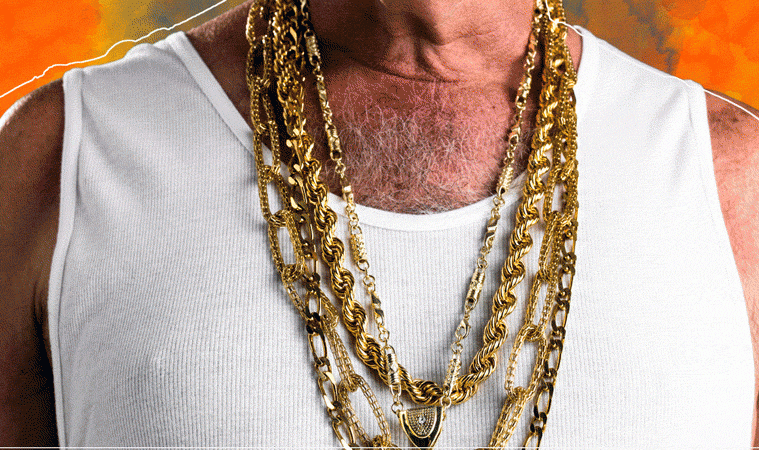DRESSING UP THE DRUG TRADE –

AUGUST 21, 2021 – Drug lords switching out gold chains for bespoke suits, politicians proposing to legalize cocaine and judges acquitting cocaine traffickers on compassionate grounds. The criminal underworld in Latin America, the world’s most violent and unequal region, is changing faster than you can say Narcos.
Forget everything you thought you knew about its drug barons. Those glitzy TV shows are out of date — the reality is a lot murkier. This week’s Sunday Magazine takes you on a journey through Latin America’s modern-day drug underworld, highlights some of the boldest ideas for tackling trafficking and violence — and adds a dose of crime-ridden soccer. Because a criminal flying under the radar is a criminal less likely to get caught. “The new drug lords are different. They have gone to universities, they have [legally qualified] accountants, they know about the law, how to present information to avoid justice,” Angela Olaya Castro, co-founder and researcher at the Conflict Responses Foundation, tells OZY. Crime organizations from Colombia, Brazil, El Salvador and Mexico are smart, well organized and very specialized.
It’s the Economy, Stupid
Traffickers know drugs, and also business. That’s why they are increasingly pursuing new consumers with deeper pockets in Europe and Australia. That’s not all. In Colombia, they are experimenting with new technologies that allow them to produce much more cocaine on smaller tracts of land. And when they are not making enough money from drugs, criminals in Mexico, Brazil and across Central America are diversifying and trading in anything from arms and gold to endangered animals and people, even during the pandemic. In the end, it’s all about making a quick buck.
The Billion-Dollar Answer
If you have been paying attention to the news, you’ll know drug decriminalization is a big thing across the Americas (look at the U.S., Uruguay, Mexico and Peru). In Colombia, senator Iván Marulanda is taking things a step further. In December, he proposed a bill to legalize cocaine, like in Bolivia. How would it work? The government would buy all coca leaves and give them to Indigenous communities to produce food, medicine and fertilizers. At a cost of around $680 million, Marulanda says this plan would cost half the money authorities currently spend trying to destroy crops, without much success.



